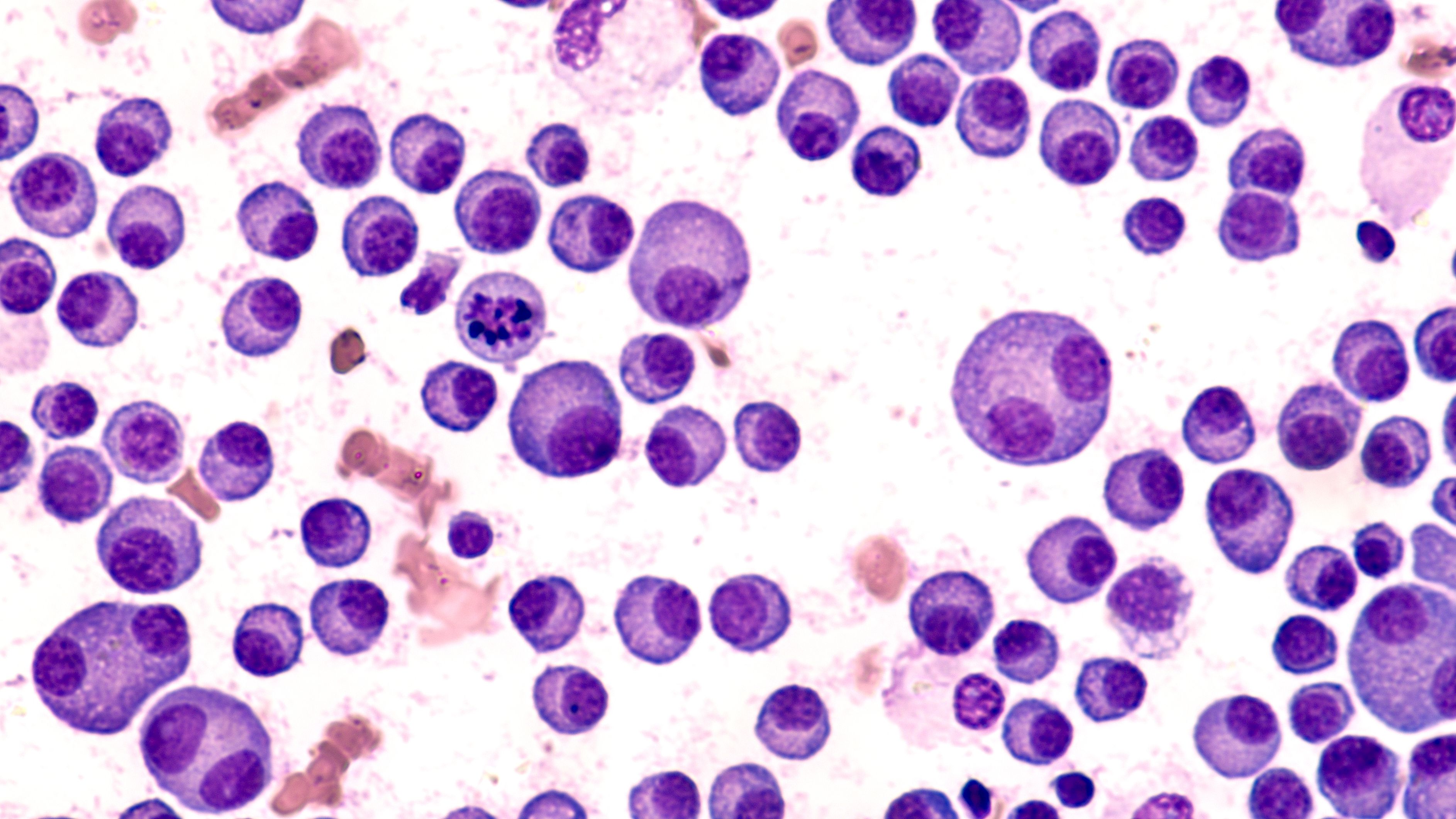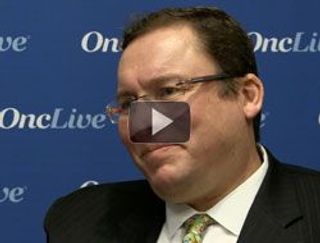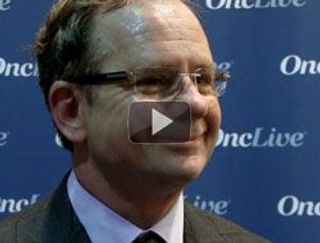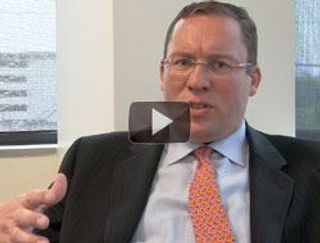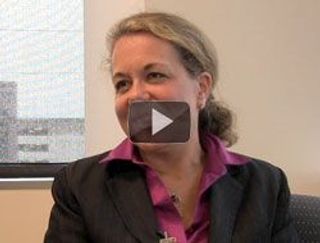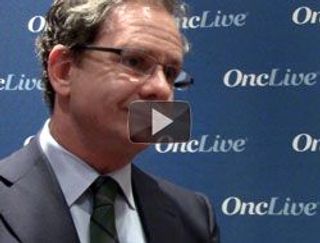
Oncology
Latest News

Latest Videos
CME Content
More News
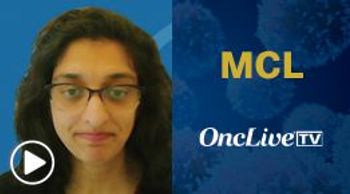
The Regional Care Network Medical Site Director at Memorial Sloan Kettering Cancer Center Basking Ridge discussed patient factors to consider when selecting treatment in R/R MCL.
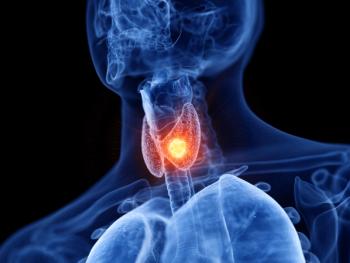
The non-randomized, open-label trial of AIC100 is currently recruiting patients at the Weill Cornell Medical College in in New York.
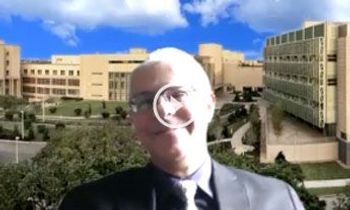
The associate member in the Department of Malignant Hematology at Moffitt Cancer Center discussed results of the ZUMA-3 trial.
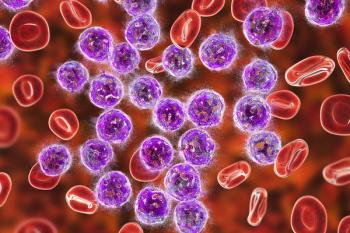
CAR T-cell therapy showed promising results in acute myeloid leukemia at ASCO 2021.
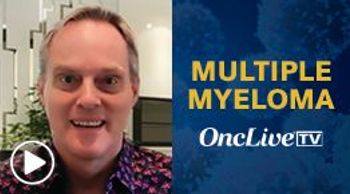
The inaugural leader of the Experimental Therapeutics Program at Sylvester Comprehensive Cancer Center, University of Miami discussed exciting novel therapeutic approaches in multiple myeloma.
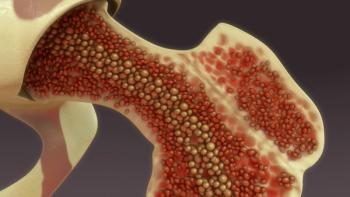
Jan Philipp Bewersdorf, MD, hospital resident at Yale University School of Medicine discussed the safety and efficacy of allogeneic hematopoietic stem cell transplant in myelofibrosis.
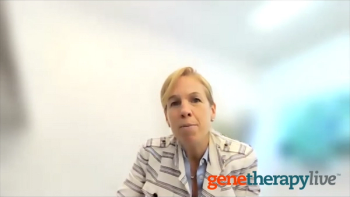
The president and chief operating officer of Agenus discussed the cell therapies the company is developing for the treatment of multiple myeloma.
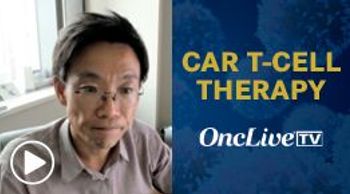
The hematologic oncologist from Memorial Sloan Kettering Cancer Center discussed emerging CAR T-cell therapies in hematologic malignancies.
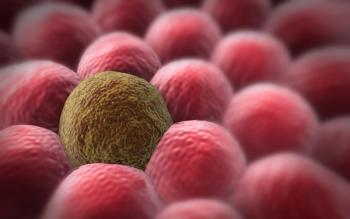
Celularity and Imugene are collaborating on the novel approach to treatment of solid tumors.
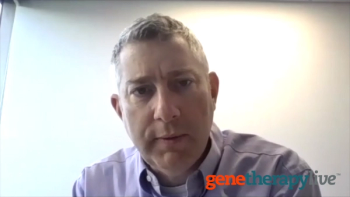
The executive vice president of research and development at Jasper Therapeutics discussed positive data from trials of JSP191 in MDS and AML.
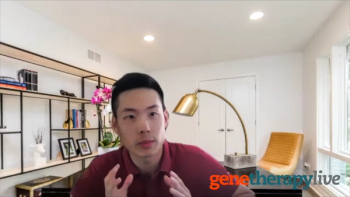
The chief executive officer of CG Oncology discussed the role of CG0070 in patients who are unresponsive and responsive to Bacillus Calmette-Guerin immunotherapy.
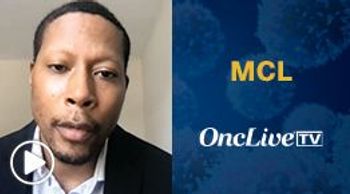
The clinical associate professor from the Rogel Cancer Center at Michigan Medicine discussed the future of CAR T-cell therapy in mantle cell lymphoma patients.
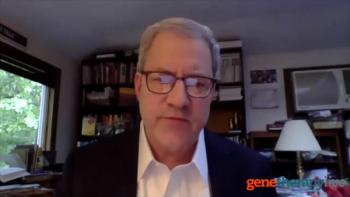
Manuel Litchman, MD, the president, chief executive officer, and director of Mustang Bio, discussed upcoming research on MB-101 cell therapy.
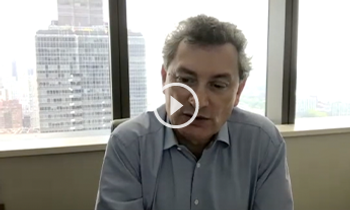
The lymphoma service chief at Memorial Sloan Kettering Cancer Center discussed the need for new therapies to treat diffuse large B-cell lymphoma.
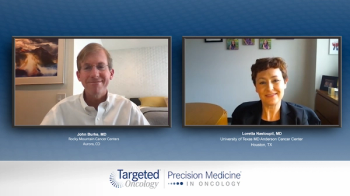
Loretta Nastoupil, MD, and John Burke, MD, discussed treating relapsed/refractory (R/R) diffuse large B-cell lymphoma (DLBCL).

The executive vice president of research and development at Jasper Therapeutics discussed how JSP191 is designed to be better-tolerated than current conditioning regimens.
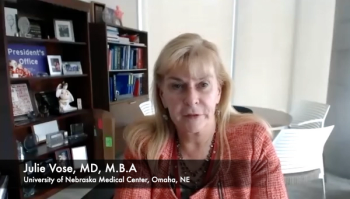
The professor of internal medicine in the Division of Oncology and Hematology at the University of Nebraska Medical Center discussed novel treatment options for patients with hematologic malignancies.

The first patient in CG Oncology's phase 2 study of CG0070 was dosed in December 2020.
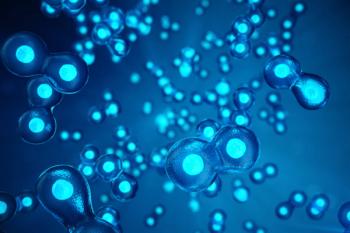
Bluebird Bio plans to submit its biologics license application in the US by mid 2021.

The professor of internal medicine in the Division of Oncology and Hematology at the University of Nebraska Medical Center discussed the benefits of CAR T-cell for patients with follicular lymphoma.
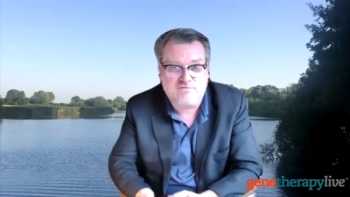
The chief technology and chief executive officer of Mustang Bio discussed the company’s integrated approach to drug development.
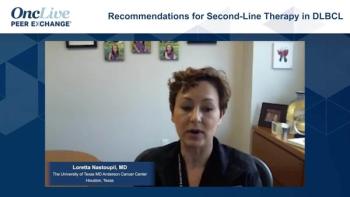
Experts discussed their recommendations for second-line treatment options for patients with DLBCL.
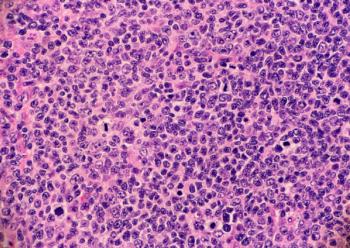
Stephen J. Schuster, MD, discussed tisagenlecleucel's efficacy and safety over other available treatments for relapsed/refractory FL.

Encouraging results from the phase 1 BrainChild-01 trial were recently published.
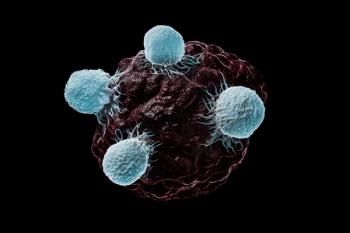
Heterogeneity in the cellular and molecular features of CAR T-cell products contributes to variation in efficacy and toxicity follow treatment with axicabtagene ciloleucel.




